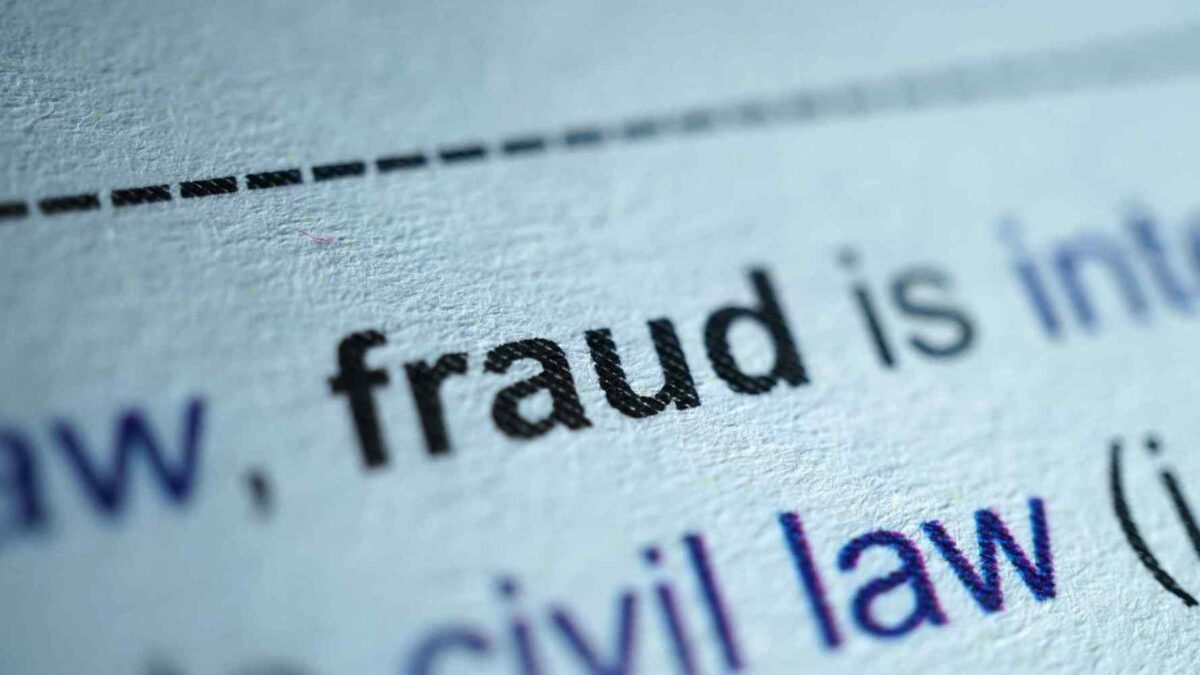The Difference Between a Vehicle Lemon Law Claim and a Vehicle Fraud Claim

What is the Implied Warranty of Merchantability?
December 9, 2020
Analysis of a California Lemon Law Claim under the Song Beverly Consumer Warranty Act
January 9, 2021The difference between a vehicle lemon law claim and a vehicle fraud claim is simple on its face, but in reality, it can be very nuanced and may present problems along the way.
A Vehicle Lemon Law Claim is a Claim Made Against the Vehicle Manufacturer
When a consumer makes a lemon law claim, generally the consumer is making a claim against the manufacturer of the vehicle because the vehicle the consumer bought did not live up to the express and implied warranties and promises the vehicle manufacturer made to the consumer, and thus, the vehicle ostensibly did not live up to the expectations the consumer had regarding the vehicle.
Another way to think about this is to think of a lemon law claim like this: A company puts artifacts in commerce to be sold at retail (in this case, the company is the vehicle manufacturer and the vehicle manufacturer is making a car and putting in commerce to be sold at retail through a car dealership ), makes promises to someone (you, the consumer of the car) in the form of express and implied warranties. Express warranties are generally written warranties regarding how a vehicle would behave. A written warranty can be, “30 miles per gallon,” for example.
If over the course of the use of the vehicle, the vehicle does not perform at “30 miles per gallon,” but for example performs at 20 miles per gallon, and the consumer takes the vehicle for repair to conform to that express warranty a reasonable number of times or attempts at repair, and the vehicle still continues to exhibit the nonconformity (the vehicle does not perform at “30 miles per gallon”), the vehicle manufacturer may have breached the express warranty and the consumer perhaps may have a claim under the lemon if the consumer meets other criteria as well. Learn more about the implied warranty of merchantability.
A Vehicle Fraud Claim is a Claim Made Against the Auto Dealership
Generally, a claim for vehicle fraud is a claim made against the car or auto dealership. The reason this is generally the case is that these types of causes of actions are for intentional misrepresentation, negligent misrepresentation, or “deceit.” As an example of deceit, someone at the dealership, who is selling the consumer a vehicle, may convey to the consumer via written or oral statements, that the vehicle the consumer is buying from the dealership has certain qualities that the vehicle does not have, and in fact, the vehicle does not conform to the promises or affirmations of fact made to the consumer. Some people may be surprised to find out that these “deceit” claims against the auto dealership are also made under California Unfair Competition Law – or Business and Professions Code 17200 – and California Consumers Legal Remedies Act, along with other statutes that are auto dealership specific such as California’s Vehicle Code 11713 and 11713.1. These statutes prohibit a litany of acts against a “holder of a dealer’s license”.
Although the difference between a vehicle lemon law claim and a vehicle fraud claim may look simple on their face, in reality, these claims can be very nuanced, and bringing these claims against vehicle manufacturers and auto dealerships can become complicated very quickly and a consumer may be better served consulting a competent California lemon law attorney
Learn more about Luis Aguirre Law by visiting our other brand profiles: Reddit, Facebook, Twitter, Yelp, and Google Maps.
Luis Aguirre California Lemon Law Attorney 26060 Acero Suite 111
Mission Viejo, CA 92691 Telephone: 949.342.6199.
Contact us Today
The information on this posting is for general information and/or educational purposes only and should not be construed as legal advice or a guarantee on the outcome of a particular case. This publication may contain dramatization. This posting is intended for California consumers only. This posting is considered advertisement by Luis Aguirre Law, who is also responsible for its content. Viewing, reading, or receiving the information on this posting does not create an attorney-client relationship. We are not your attorneys until you sign a written contract with Luis Aguirre Law, and the contract is fully executed (signed by attorney). Although information on this posting is deemed accurate, information on this posting should not be acted or relied upon without first conducting an independent investigation and/or obtaining qualified legal counsel, or you do so at your own risk. Attorney is licensed in the state of California only. Attorney Luis Aguirre is bilingual and also speaks Spanish and will provide help in Spanish if you request it. Although attorney limits his practice to the particular field of breach of contract – lemon law, attorney is not a certified specialist in this particular field or any other field of law. See “Our Policies” tab for further details regarding our Privacy Policy, Disclaimer, and Attorney’s Fees.
.




